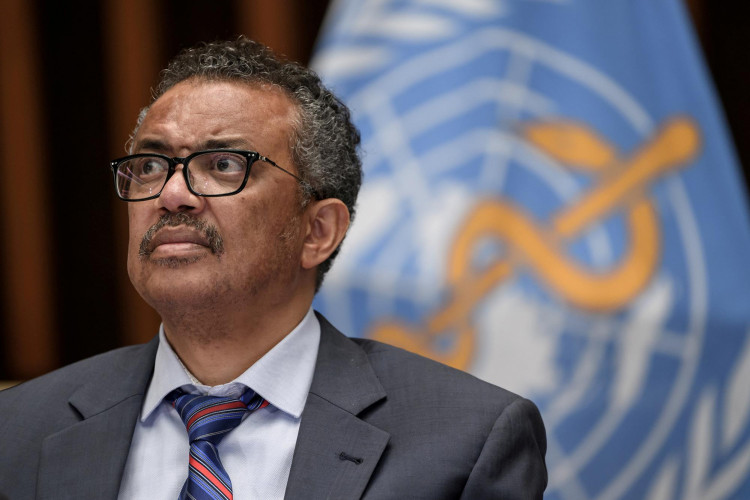The Omicron form of the coronavirus is spreading quicker than the Delta variant, producing illnesses in persons who have already been vaccinated or who have recovered from the COVID-19 disease, according to the WHO's director-general.
The fast-spreading Omicron has now become the prevalent strain in the United States, health officials said, as the WHO called for increased efforts to bring the epidemic to an end next year.
The WHO has asked individuals to cancel some of their vacation plans in order to preserve public health.
"An event postponed is preferable to a life postponed," said WHO Director-General Tedros Adhanom Ghebreyesus, adding that "tough decisions" must be taken.
It would be "unwise" to conclude from early evidence that Omicron was a milder variety than prior ones, WHO head scientist Soumya Swaminathan said.
"As the numbers rise, all health systems will be put under duress," Swaminathan told journalists in Geneva.
Swaminathan pointed out that the new variant is able to evade some immune responses, implying that the booster programs being implemented in many nations should be aimed at persons with weakened immune systems.
Omicron has aided in the fueling of record case counts, causing several countries to revert to stricter restrictions. But, according to White House press secretary Jen Psaki, President Joe Biden does not intend to "close down" the country.
According to the Centers for Disease Control and Prevention, Omicron currently accounted for 73% of new cases in the U.S. in the last week.
Omicron already accounts for more than 90% of new infections in various parts of the U.S., including the Pacific Northwest, the South, and sections of the Midwest.
Despite evidence that it is not more severe than the Delta strain, preliminary data suggests that Omicron may be more infectious and may have higher vaccination resistance.
Tedros' remarks come at a time when a number of nations, notably Germany and France, have tightened coronavirus restrictions and implemented travel restrictions in an attempt to stem the spread of the new strain. During the Christmas season, the Netherlands has imposed a rigorous lockdown.
Their remarks echoed the findings of a study published last week by Imperial College London, which stated that the risk of reinfection was more than five times higher and showed no signs of being milder than Delta.
Meanwhile, the WHO offered some solace to a beleaguered globe by predicting that the pandemic, which has already killed more than 5.6 million people globally, will be over by next year.





